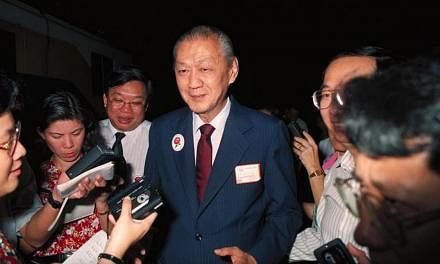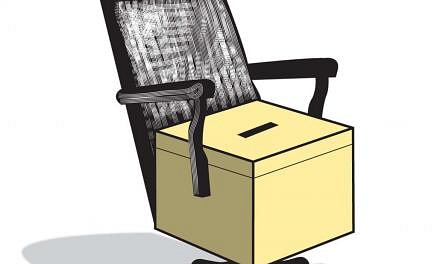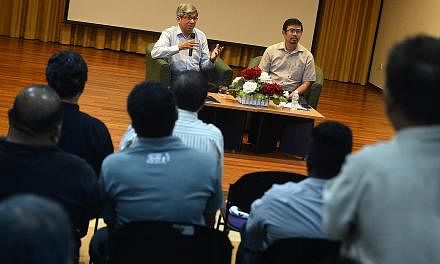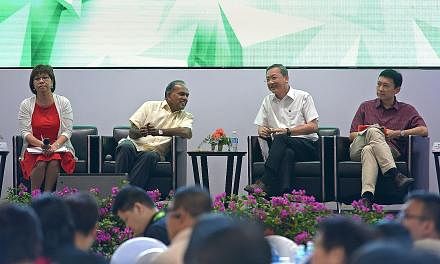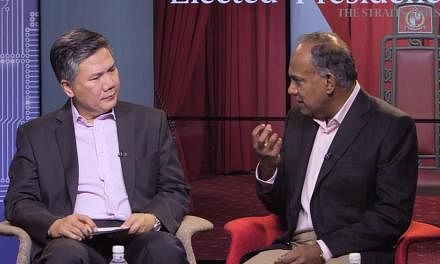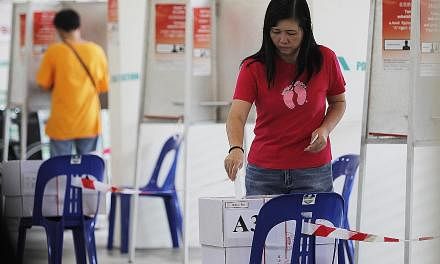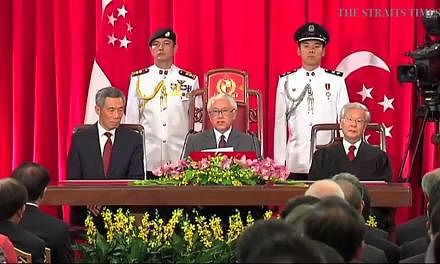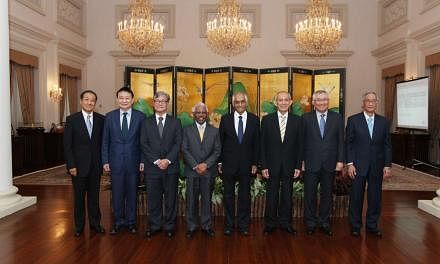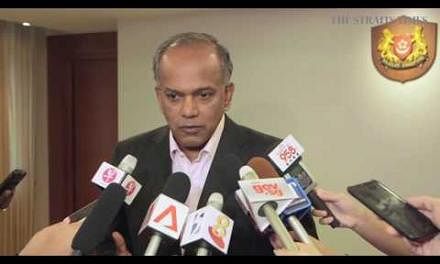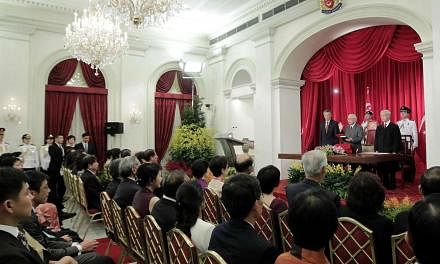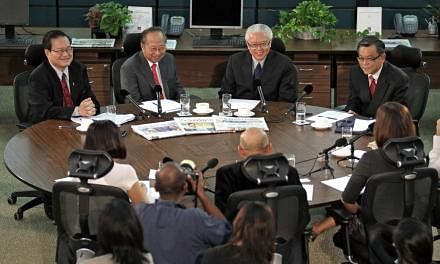Potential presidential candidates will have their reputation, character and integrity assessed more stringently by the Presidential Elections Committee (PEC), which will also double in size and be given more powers.
These were among the Constitutional Commission recommendations the Government accepted in its White Paper yesterday.
With the change, applicants will have to detail their work experience and accomplishments before they are given a Certificate of Eligibility enabling them to run.
The commission had suggested, for example, that relevant information could include their involvement in community activities or initiatives demonstrating engagement with ethnic groups other than their own.
Applicants would also be required to list any "negative incidents", such as disciplinary proceedings by professional bodies and market regulators in and out of Singapore, bankruptcy orders, personal protection orders for family violence and whether they have been the subject of legal proceedings of any sort.
In its report, the Constitutional Commission said that applicants should disclose "matters pertaining to both the requirements of character and integrity, as well as to any other question of eligibility that the PEC may have to consider or decide upon".
This is a step up from the current laws where a potential candidate need only declare his employment history, any previous convictions, and a description of his occupation and company.
The Government also agreed with the commission that the PEC be strengthened too, to allow it to assess applicants more critically.
The PEC, which has the final say on whether an applicant has satisfied the eligibility criteria, will be expanded from three to six members.
It will be given more powers to ask for additional information from candidates, or revoke a candidate's Certificate of Eligibility if the person is found to have made false declarations, even after the person is elected president.
The three members in the PEC now are the chairmen of the Public Service Commission and the Accounting and Corporate Regulatory Authority, and a member from the Presidential Council for Minority Rights, nominated by the council's chairman.
The commission recommended these three additional members:
• A retired Supreme Court judge, or another legal expert nominated by the Chief Justice, as the PEC's work requires some constitutional interpretation, and to ensure decisions are reached in a way that is procedurally fair.
• A past or present member of the Council of Presidential Advisers, nominated by the council's chairman, to provide insights into what the president's job entails.
• Someone from the private sector nominated by the Prime Minister, to look at a private- sector applicant's position in an organisation, and the size and complexity of the organisation.
The private-sector nominee will assess the applications of individuals who have not held a qualifying office in the private sector, but is hoping to persuade the PEC that his experience and expertise are comparable.
The Government also accepted the commission's suggestion that the PEC decide on issues by a simple majority, with the chairman casting a vote if there is a tie.

